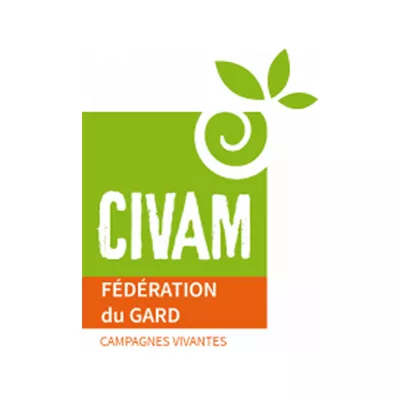General information
RDP Priority
- P1. Knowledge transfer and innovation
RDP Focus Area
- 1B: Links with research & innovation
RDP Measure
- M01: Knowledge transfer & information actions
Summary
The Micro-Ma project was launched in 2017 to conduct research on vegetable micro farms producing organic or diversified products on a small scale. It addresses needs from an increasing number of newcomers, without experience in the field of agriculture, who were settling on small areas and developing organic farming. This project set out to understand the economic and environmental sustainability of these small-scale vegetable farms.
Results
A two-day training programme is offered providing recommendations for vegetable micro-farms. The CIVAM also develops e-learning modules for people who wish to learn about micro-farm development.
The project helped to identify all of the available research on the subject of micro-farming, which, since the end of the project in 2019, is available via CIVAM’s online resource centre.

Promoter
FD CIVAM Gard
Funding
Total budget - 32 400 (EUR)
EAFRD - 9 000 (EUR)
National/Regional - 6 000 (EUR)
Private - 9 000 (EUR)
Other - 8 400 (EUR)
Resources
Documents
The Micro-Ma Project – study on the sustainability of vegetable micro farms
(PDF – 1.63 MB)
Context
France’s CIVAM Departmental Federation (Centre for Initiatives enhancing agriculture in rural areas) observed a growth in vegetable micro farming producing organic and diversified products on small plots, to be sold in short supply chains. These small farms were appearing in the South of France in the context of growing land pressure and a decline in available agricultural land. With minimal investment and surface requirements (less than two hectares, on average), this model offered both environmental and food autonomy results using techniques such as agroecology and permaculture.
However, the CIVAM observed that a proportion of these farms were unable to ensure the sustainability of their activity. Between 2007 and 2013, 50 % of organic micro vegetable farm owners had to stop production and a knowledge gap existed about factors that influenced the rapid drop-out rate. Considering the economic and environmental value of micro-farming, this project set out to better understand this agricultural model and to find ways of ensuring its sustainability.
Objectives
The project aimed to study the economic and environmental sustainability of vegetable micro farms.
Activities
The project consisted of three main activities:
Activity 1 – Case study - Defining and obtaining data on vegetable micro-farms.
- Literature review of previous studies, articles, etc. concerning organic vegetable micro-farms.
- Mapping organic vegetable micro-farms in Gard County.
- Surveying activities of 15 micro-farms in Gard County, including interviews and an analysis of the production system.
Activity 2 – Experimentation - Analysing the activities of five farms.
- Agro-anthropological study regarding the choices and practices of micro-farmers. Identifying the trade-offs and solutions implemented by farmers to ensure the sustainability of their farms.
- Assessing impact of knowledge exchange and socio-professional networks on the success and the sustainability of this type of farm.
Activity 3 – Capitalising on the project results and creating tools.
- 11 micro-farm factsheets were produced, including production data, the local environment, marketing, working conditions, and economic results.
- Information guide of key recommendations for creating a vegetable micro-farm.
- 11 infographics were created concerning local micro-farms, including the farmers’ profiles and some key data.
The project was coordinated by the Gard County CIVAM in partnership with the French Foundation, the INRA (National Research Institute for Agriculture and Alimentation), and the SupAgro University in Montpellier.
Main results
Each year since 2020, a two-day training programme is offered to farmers and project owners, providing feedback and recommendations for the creation of vegetable micro-farms. The CIVAM also develops e-learning modules for people who wish to learn about micro-farm development.
As there was only limited data on micro-farming models before 2017, the results of the project are particularly important and constitute a first step towards the identification, definition, and sustainability of vegetable micro-farming.
The project helped to identify all available research on micro-farming, which, since the end of the project in 2019, is available via CIVAM’s online resource centre.
The resources are used in training sessions with farmers, to support them in the development of their activities, and also to raise awareness about micro-farming practices.
Key lessons
Data collection was difficult, especially during phase 1. Indeed, these farms often have limited resources and limited availability due to their working conditions (low mechanisation, manual labour). Data access is further complicated by the fact that small farms do not have accounting requirements, therefore, little data was actually available when the project was launched and it required a lot of exchanges and brainstorming with farmers to gather the necessary information for the project’s development.
